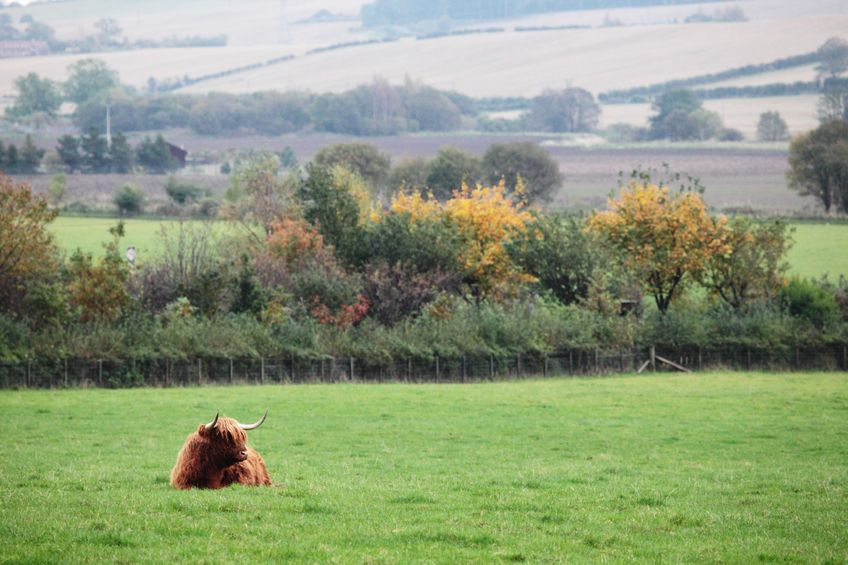
A major report which urges people around the world to cut their red meat consumption has been criticised for its 'fundamental lack of agricultural understanding'.
The global diet must reduce red meat and sugar consumption by half and increase their intake of vegetables, fruits and pulses, according to the new report by EAT–Lancet Commission, published on Wednesday (16 January).
The EAT–Lancet Commission, consisting of 37 experts in food, agricultural and health, addressed the need to feed a growing global population a healthy diet while also defining sustainable food systems that will minimise damage to the planet.
“Current diets are pushing the Earth beyond its planetary boundaries, while causing ill health. This puts both people and the planet at risk,” the commission said in a statement.
Their report recommends radical changes in what people eat. For example, it calls on people, particularly in the west, to reduce red meat and sugar consumption by half, while vegetables, fruit, pulses and nuts must double.
“The world’s diets must change dramatically,” Dr Walter Willett, a Harvard University nutrition expert who was part of the commission, said in a statement.
“To be healthy, diets must have an appropriate calorie intake and consist of a variety of plant-based foods, low amounts of animal-based foods, unsaturated rather than saturated fats, and few refined grains, highly processed foods, and added sugars.
“The food group intake ranges that we suggest allow flexibility to accommodate various food types, agricultural systems, cultural traditions, and individual dietary preferences — including numerous omnivore, vegetarian, and vegan diets.”
'Lack of agricultural understanding'
But the Sustainable Food Trust, a UK charity advocating sustainable farming, has criticised the report due to its 'fundamental lack of agricultural understanding'.
It calls some of the main dietary recommendations listed in the report as 'incompatible' with the food production outcomes of sustainable farming systems.
For instance, in prioritising reductions in beef and lamb consumption over poultry consumption, the resulting environmental and health outcomes will both be negative, the Trust says.
In a statement, the charity said: “If fully implemented, the recommendations would make it impossible to introduce sustainable and restorative farming systems in countries like the UK, where a high proportion of farmland is only suitable for growing grass.
“In addition, grass and grazing animals need to be reintroduced into many all-arable crop rotations to address the serious problems of soil degradation and biodiversity loss.”
Regarding the human diet, the Trust added: “Humans have evolved as red meat eaters and, providing this is part of a balanced diet, beef and lamb provide superior types of protein and fat to plant sources.”
The report follows research released last year which concluded that people who eat higher levels of red meat and cheese are more likely to live longer.
